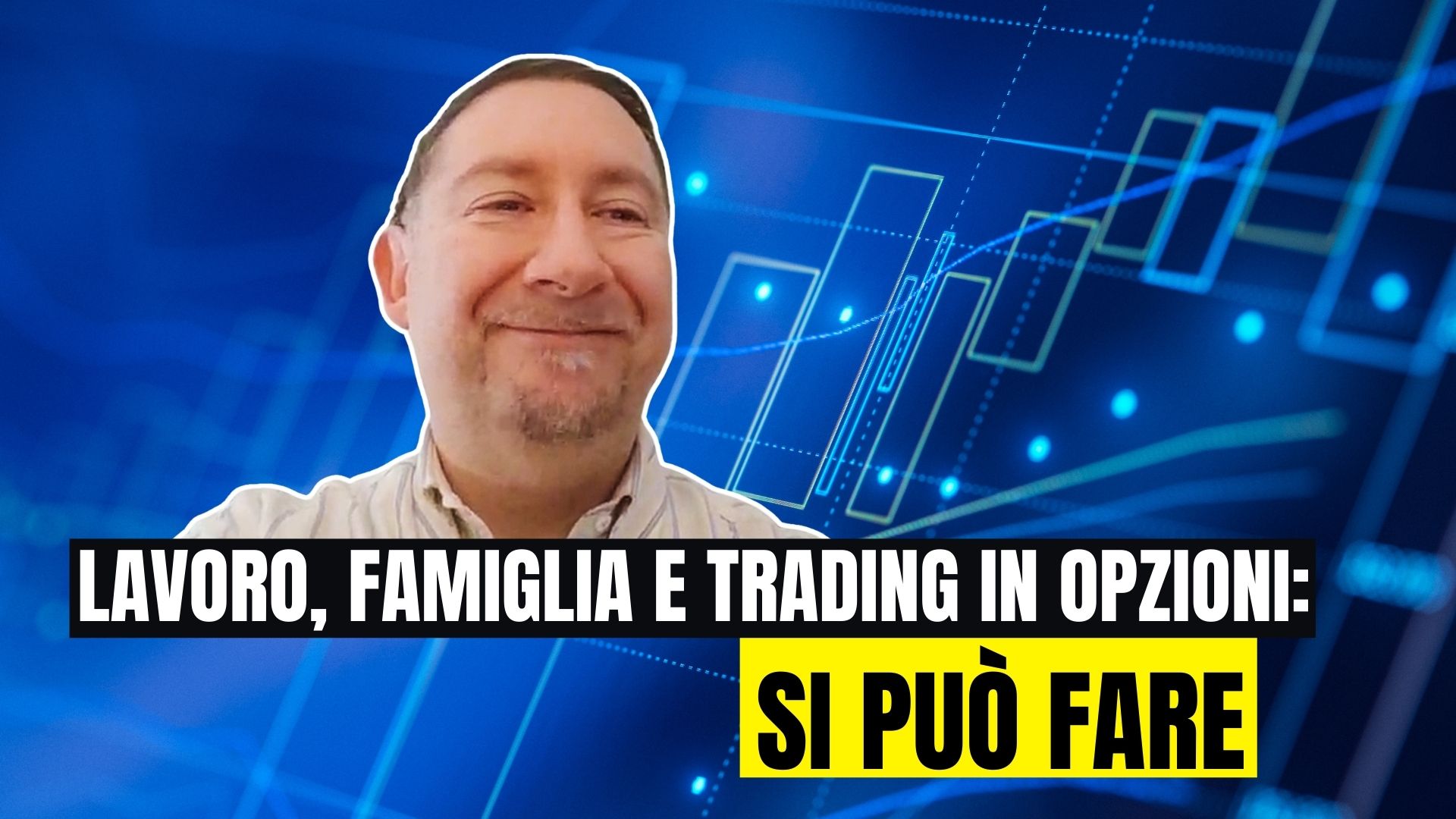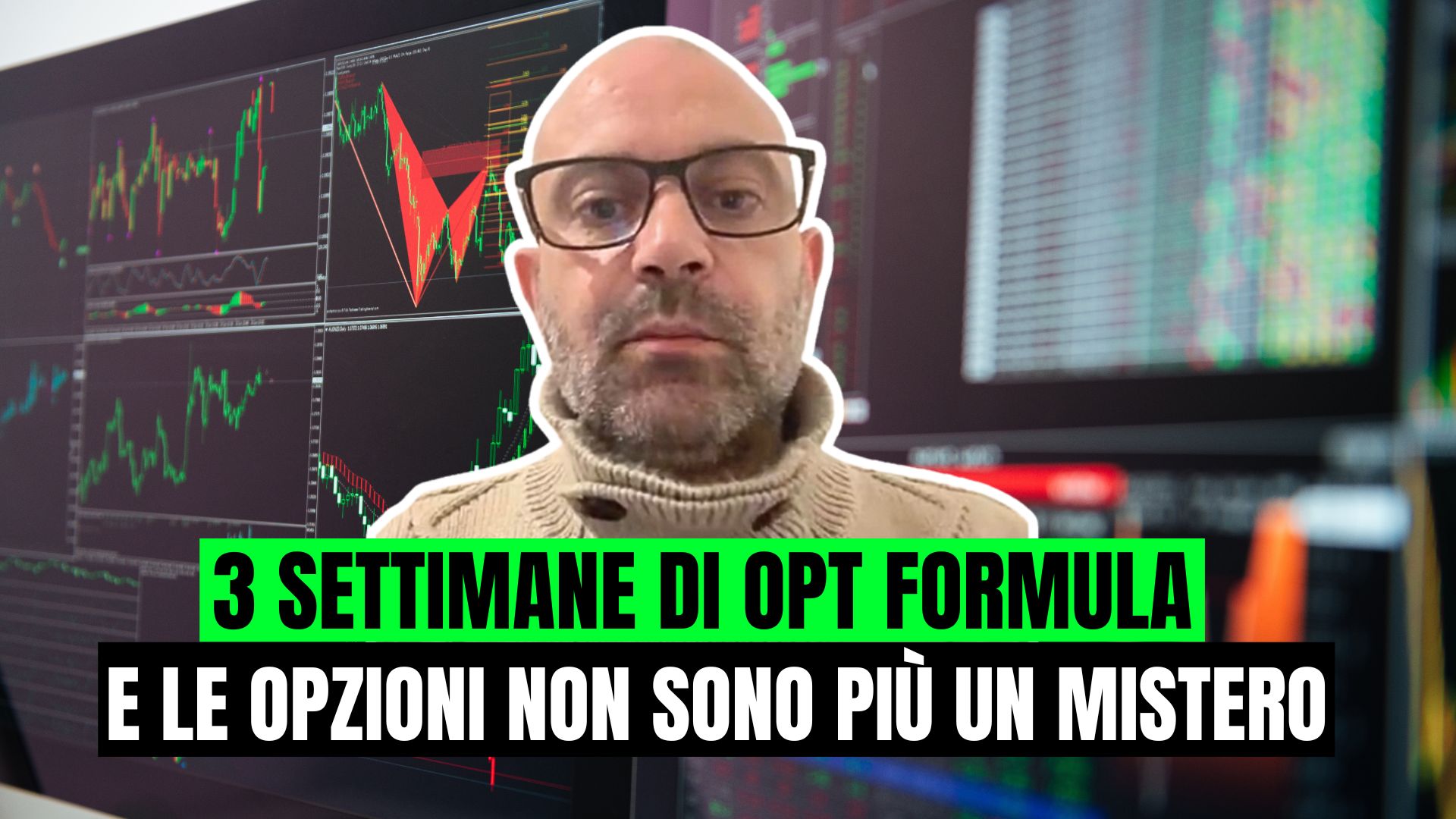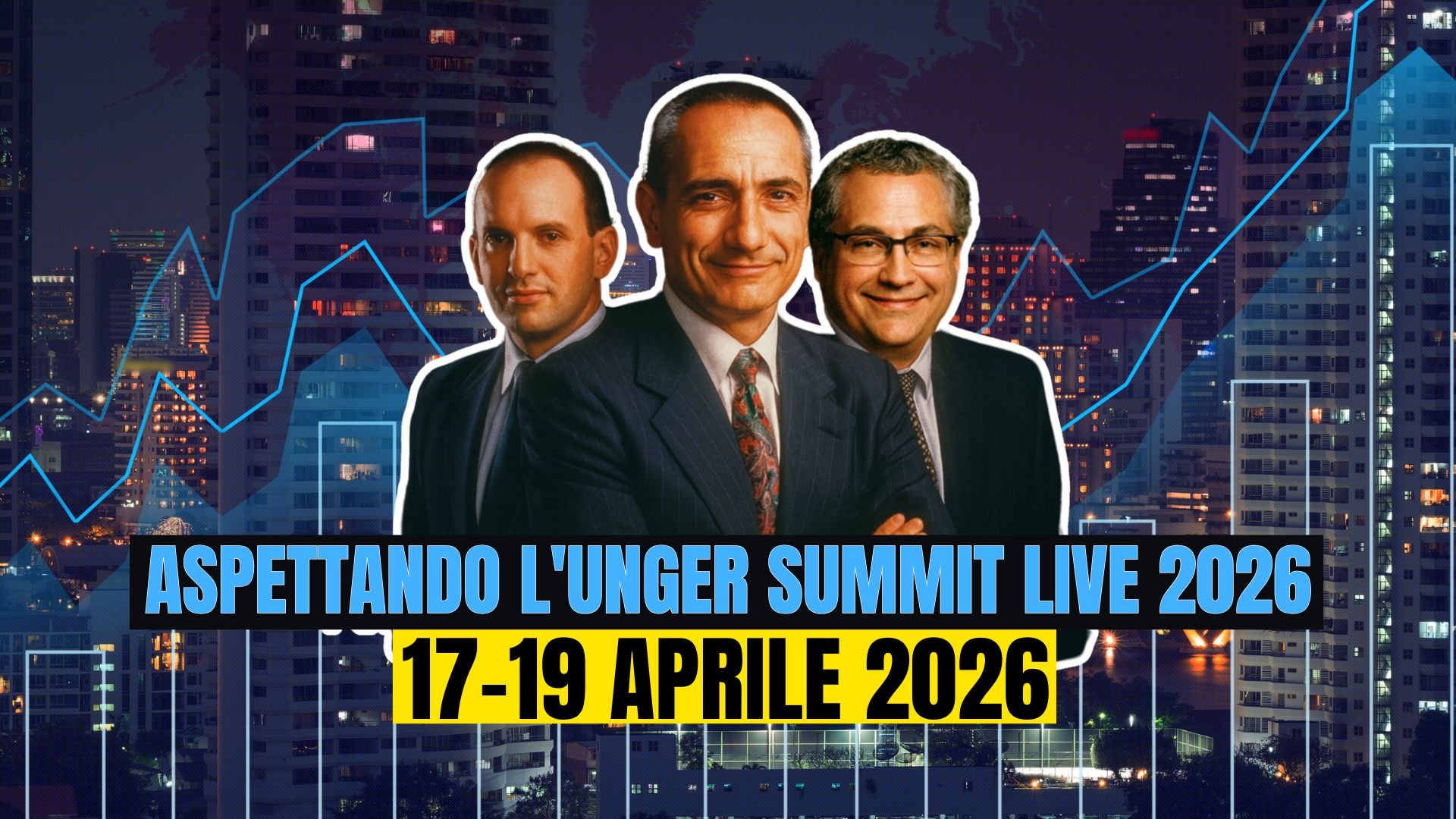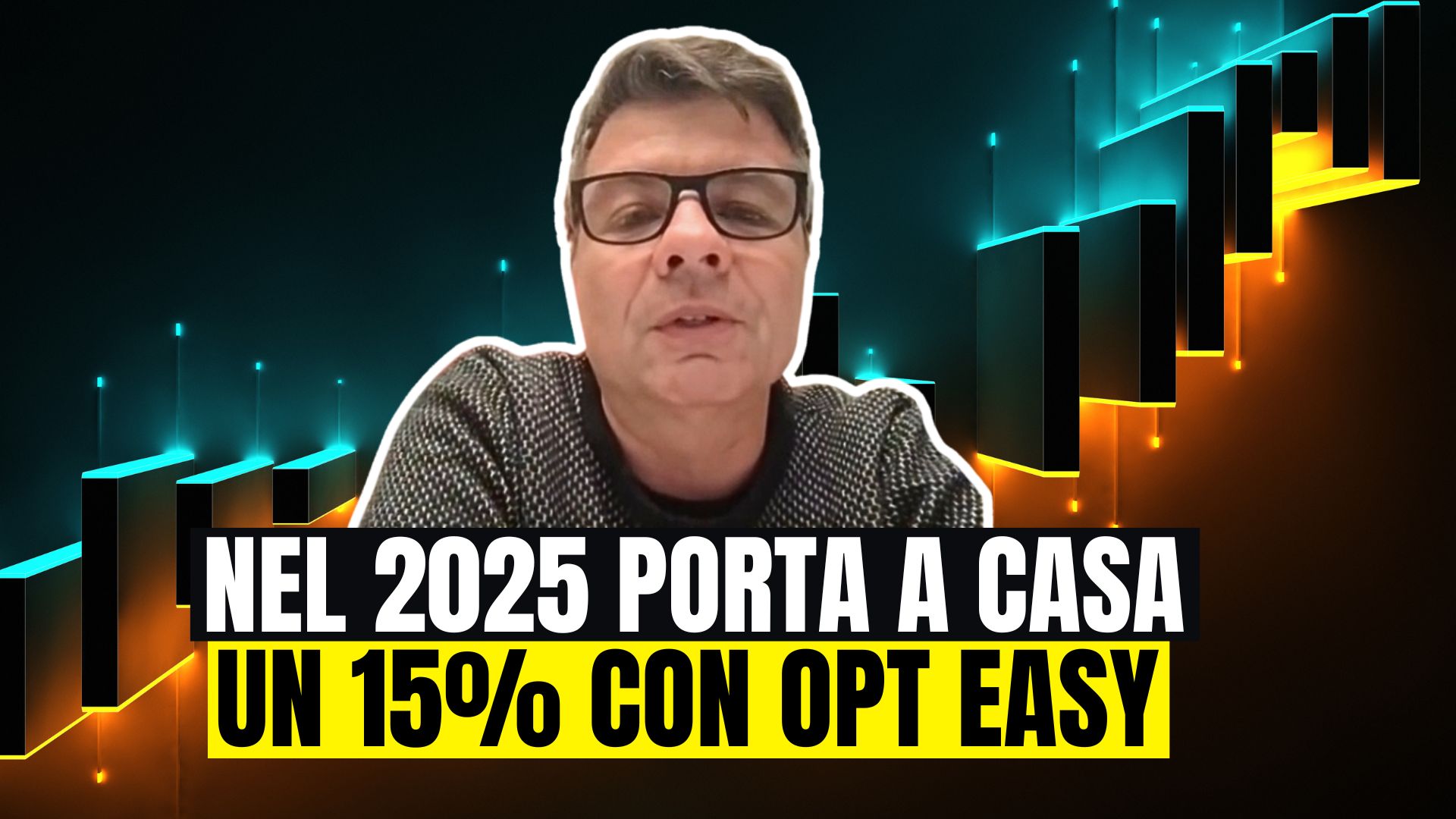Vuoi più aiuto? Prenota oggi la tua consulenza GRATUITA con il nostro team!
Definiremo una strategia che ti permetterà di avere tutto quello che ti serve per guadagnare costruendo e operando il tuo portafoglio di strategie automatizzate… Rispondi a qualche domanda nel nostro questionario e poi scegli giorno e ora più adatti a te.
Cos’è successo questa settimana sui mercati?
Tra gli eventi più importanti troviamo senza dubbio il movimento rialzista del settore energetico, con il Natural Gas che ha chiuso in rialzo del 6,5%, il Crude Oil e l’RBOB Gasoline che sono prossimi ai massimi storici e l’Heating Oil che si trova oltre i massimi storici. Interessanti anche le performance di alcune soft commodities tra cui il Succo d’arancia che ha chiuso la settimana con un rendimento del 10%.
Settimana ribassista invece per gli indici azionari, le carni e i cereali, tutti completamente negativi.
Se vuoi saperne di più su come si sono mossi i mercati negli ultimi giorni, e per capire com’è la situazione della volatilità in questo momento, guarda subito la nostra panoramica settimanale!
Buona visione!
Trascrizione
Vuoi più aiuto? Prenota oggi la tua consulenza GRATUITA con il nostro team!
Definiremo una strategia che ti permetterà di avere tutto quello che ti serve per guadagnare costruendo e operando il tuo portafoglio di strategie automatizzate… Rispondi a qualche domanda nel nostro questionario e poi scegli giorno e ora più adatti a te.







